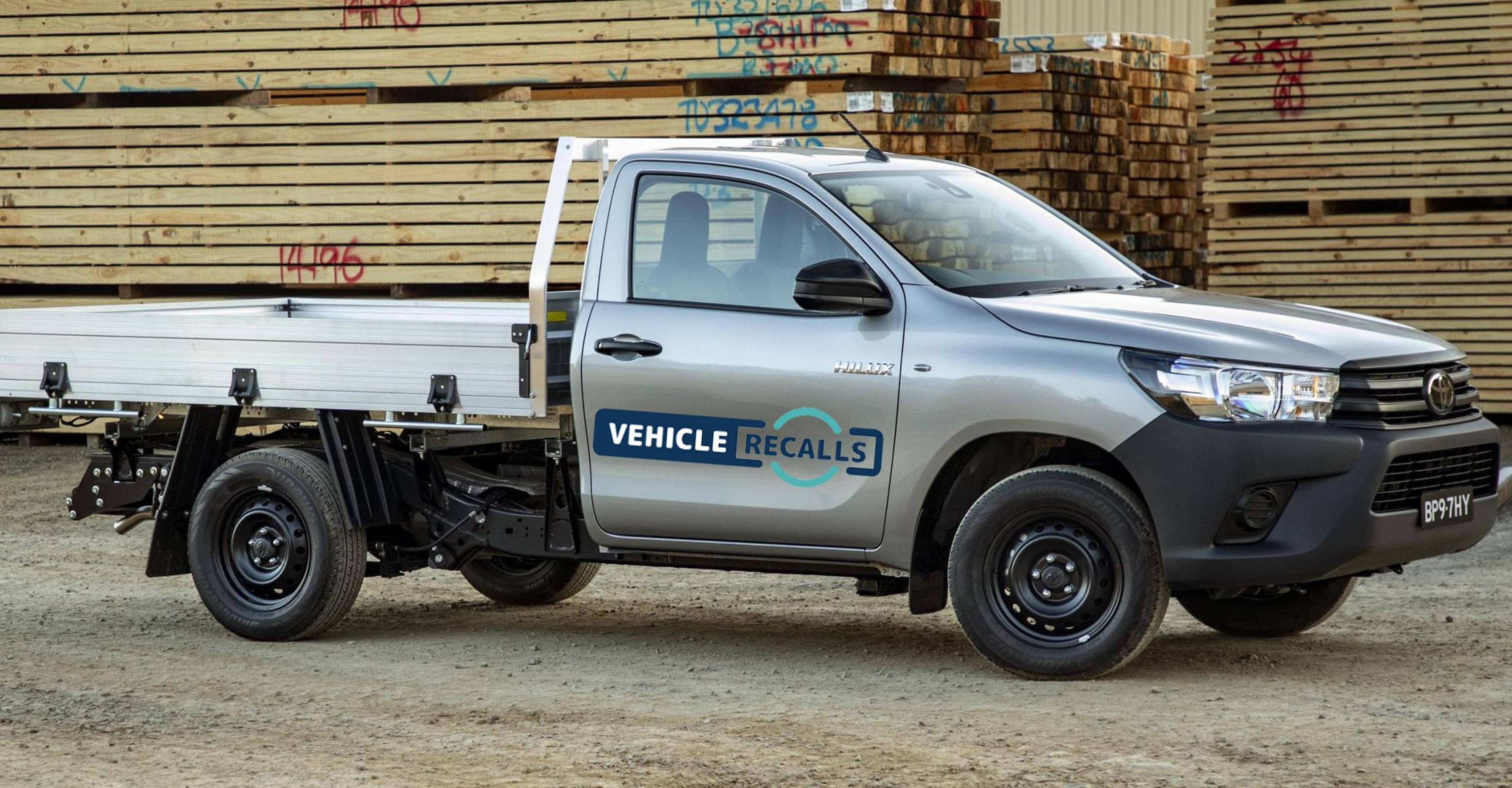Should You Drive Your Car After a Recall Notice? Understanding the Legal Implications

Vehicle recalls are a common occurrence in the automotive industry. They are typically initiated when a potential safety defect is identified in a vehicle. While recalls aim to rectify safety issues, many car owners wonder if it's legal to continue driving their vehicles after receiving a recall notice in the mail. Let's delve into the legal aspects and responsibilities associated with vehicle recalls.
Recalls Are a Serious Matter
Recalls are not to be taken lightly. They are issued to address safety concerns and protect vehicle owners and road users from potential harm. When a recall is announced, it's crucial to heed the advice of the car manufacturer (OEM) and take appropriate action promptly.
The Driver's Liability
Once a recall notice is sent to the owner, driver, or custodian of a vehicle, the responsibility falls squarely on their shoulders. The recipient of the notice is legally obligated to address the recall promptly and ensure that the necessary repairs or modifications are made.
Severity of Recalls
Recalls can vary in severity. Some recalls, like the massive Takata airbag recall, pose critical and potentially life-threatening risks. In such cases, vehicle owners are often explicitly advised to stop driving the vehicle until the issue is resolved.
However, not all recalls are equally serious. Some may involve minor defects or issues that pose minimal risk to safety. In these instances, the OEM typically covers the cost of the required repairs or modifications.

Service Campaigns vs. Recalls
Occasionally, what appears to be a recall may be categorized as a "Service Campaign." Unlike recalls, service campaigns address non-critical or non-crucial issues that don't directly impact safety. These issues are usually resolved during the next scheduled service.
Legal Implications
The legalities surrounding driving a vehicle with an active recall depend on the actions of the owner or custodian. Once notified of a recall, the liability for ensuring the necessary recall work is completed rests with the vehicle's owner, driver, or custodian.
If someone chooses to continue driving a vehicle with an active recall and intentionally avoids addressing the issue, they bear the responsibility for any potential consequences. In the unfortunate event of an accident caused by the recall defect, it is likely that the operator of the vehicle will be held liable for not having the safety recall attended to.
It's important to note that while the liability ultimately falls on the owner or custodian, legal processes may be required to establish this responsibility if contested.
Maintaining Records
Vehicle maintenance records play a crucial role in recall-related matters. If a vehicle has been serviced through the OEM's dealer network, records should reflect the recall notice and any actions taken by the owner. This documentation can be instrumental in determining liability.

Prioritize Safety
In the interest of personal safety and the safety of other road users, it is strongly advisable to address any recall as soon as possible after receiving a notification. If you are uncertain about the appropriate course of action, consult the Australian Competition and Consumer Commission's recalls website or contact the OEM's customer service department using the provided contact information in the recall notice.
Please note that this information is not intended as legal advice, and individuals should consult with the relevant roads authority in their state or territory if they have specific legal questions regarding recalls and vehicle safety.
Ultimately, prioritizing safety should always be the guiding principle when dealing with vehicle recalls.
